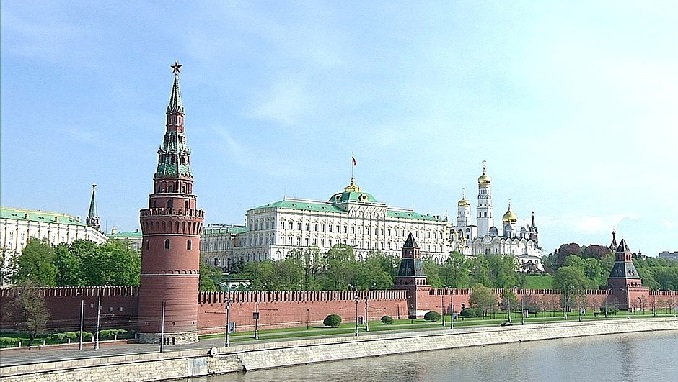Russia is looking to shut down dozens of gigantic factories across the country during this summer’s soccer World Cup, in an attempt to avert accidents and the threat of terror attacks, AFP reports.
Despite concerns from big business owners, the Kremlin is ready to halt production, which is seen as the country’s readiness for financial sacrifice when it hosts the global soccer event for the first time in June, the report says.
But according to analysts, closing large chemical plants and other high-risk enterprises is simply dangerous. According to veteran security expert Pavel Felgenhauer, the move is “a typical top-down order to make things look pretty that has nothing to do with actual safety.”
“This is traditional Soviet showmanship,” he says.
Russian President Vladimir Putin’s decision appears to stem from a fear of industrial accidents and the threat of plants being attacked or blown up.
“The threats of an accident and terror are closely related,” Moscow’s FBK Grant Thornton consultancy director Igor Nikolayev said.
A Putin decree from May 2017 says special security measures should cover areas around the 11 cities hosting matches and meet “a higher level of protection than those defined by the Russian government’s approved anti-terror requirements.”
Intense consultations are underway between Russia’s FSB security service and industrial property owners afraid of losing money. A private letter to the government from the RSPP big business lobby obtained by AFP warned of “extremely disagreeable social and economic consequences” if the guidelines are applied in full.
“RSPP is receiving letters from companies expressing concern about possible risks during the implementation of this government decree,” the union’s chief Alexander Shokhin wrote on November 29.
The Kommersant business daily reported that hundreds of plants could possibly close — some of them 400 kilometres (250 miles) away from the nearest World Cup stadium.
It also reported companies making up their best excuses to stay open.
Kommersant said one unidentified factory near a World Cup host city, Saransk, told the FSB it was wiser to keep its workers busy instead of “roaming the streets with nothing to do, unhappy about being sent on unpaid vacation.”
Facilities such as a nuclear power plant close to Saint Petersburg and another one near the host city of Yekaterinburg in the Urals are almost certain to keep working due to the safety risks of a shutdown.












